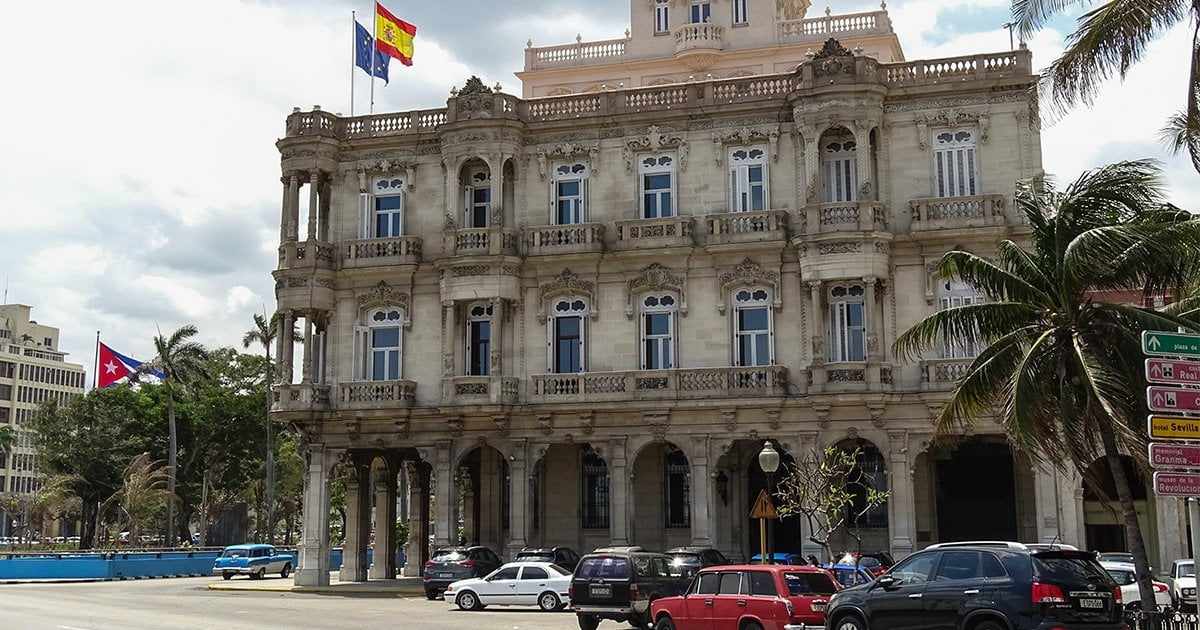
The Consulate of Spain in Cuba announced that it will proceed to remove users who received their credentials before January 1, 2024, and have not yet used the system, with the aim of optimizing the appointment process for the Law 20/2022 of Democratic Memory (LMD).
On the social network X, the headquarters informed that users who registered before the mentioned date and have not scheduled their appointment yet have the month of September to do so, as the measure will come into effect on October 1.
Although the reservation operation must be completed in the next three weeks, the appointment can be assigned for a later date, it added on its official website.
It is worth mentioning that this process is key for managing procedures related to nationality and the submission of documents, so it is recommended that those affected take advantage of September to secure their appointment and avoid losing their account on the platform.
In June, it was announced that the government of Spain, in its report on the Balance of Consular Activity in 2023, indicated that its Consulate in Havana was one of the offices that issued the most passports in the last year.
From October 21, 2022, to December 31, 2023, the consular network received 226,354 applications, with 110,540 approved cases and 69,421 registrations, the text indicated.
This official report was presented on May 21 by the Spanish Minister of Foreign Affairs, José Manuel Albares. The data indicate that the Consular Offices that issued the most passports were Buenos Aires with 38,127 documents, followed by Havana with 25,221.
The Law of Democratic Memory, which is also known in Cuba as the "Law of Grandchildren" for those children who were previously excluded due to reaching adulthood, establishes two conditions to apply for Spanish nationality.
The first is for those individuals who are grandchildren of Spaniards and who have not lost their Spanish nationality. In this case, they can obtain Spanish nationality by option, that is, through a declaration in which they express their intention to do so.
The second is for those descendants of Spaniards who have lost their nationality, either because their parents or grandparents lost it during the Civil War or the Franco dictatorship, or because they themselves lost it by acquiring another nationality.
In this case, the descendants can obtain it through the recovery process, as long as they meet the requirements established in the Law of Democratic Memory.
What do you think?
COMMENTFiled under: